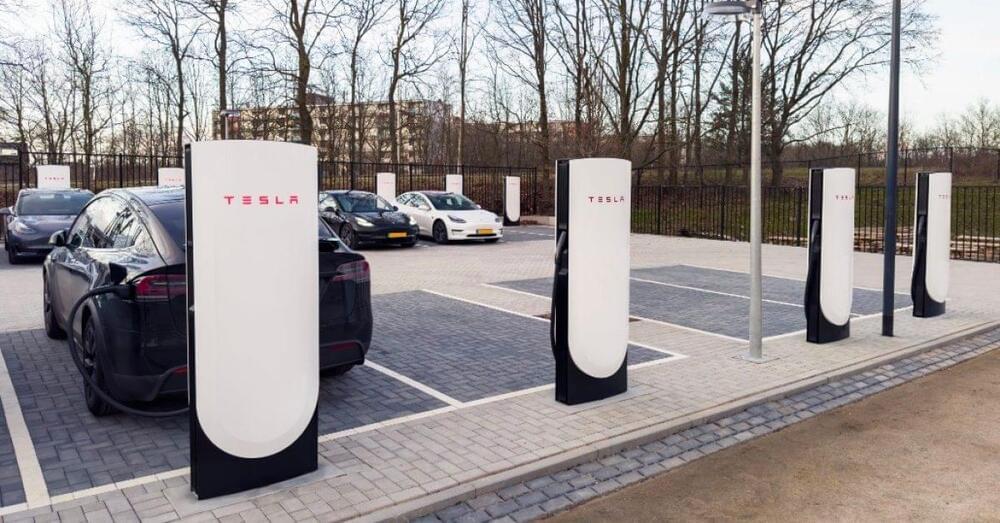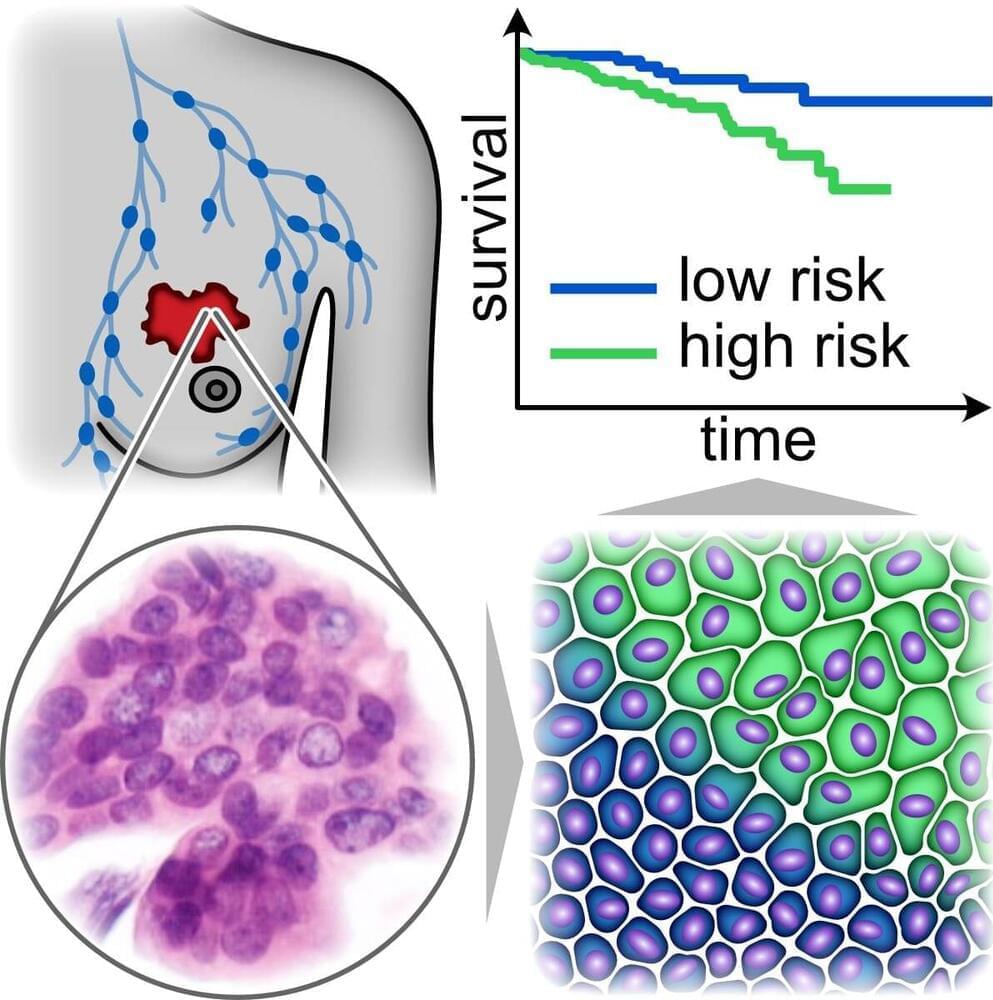An atmospheric effect got various tidal forces to cancel out.


The Fine-Tuning Argument is often seen as the best argument for the existence of God. Here we have assembled some of the world’s top physicists and philosophers to offer a reply. Not every critic of the argument comes from the same perspective. Some doubt there is a problem to be solved whilst others agree it is a genuine problem but think there are better solutions than the God hypothesis. Some like the multiverse and anthropics other don’t. We have tried to represent these different approaches and so it should be taken as given, that not all of the talking heads agree with each other. Nevertheless, they all share the view that the fine-tuning argument for God does not work. Nor are all the objectors atheist, Hans Halvorson offers what we think is a strong theological objection to the argument. This film does not try to argue that God doesn’t exist only that the fine-tuning argument is not a good reason to believe in God. Most of the footage was filmed exclusively for this film with some clips being re-used from our Before the Big Bang series, which can be viewed here: https://www.youtube.com/watch?v=Ry_pILPr7B8&list=PLJ4zAUPI-q…4hnojoCR4m All of the critics of the fine tuning argument that appear were sent a draft of the film more than a month before release and asked for any objections either to their appearance, the narration or any other aspect of the film. No objections were raised, and many replies were extremely positive and encouraging. A timeline of the subjects covered is below:
(We define God as a perfect Omni immaterial mind as for example modern Christians and Muslims advocate, there are other conceptions of God which our video does not address).
Just to be clear, this is a polemical film arguing against the fine tuning argument.
Timecodes.
0:00 Introduction.
4:11 The universe as a roll of the dice.
6:15 what is probability?
7:28 probability problems.
9:25 measure problem.
15:45 deceptive probabilities.
20:23 the flatness problem.
22:14 counterfactuals versus probabilities.
23:59 fine tuning versus God.
37:02 necessity.
38:53 multiverse and anthropics.
47:34 Boltzmann brains.
49:45 Entropy.
52:45 Cosmological Natural Selection.
59:10 conclusion.

Filmmakers may soon be able to stabilize shaky video, change viewpoints and create freeze-frame, zoom and slow-motion effects – without shooting any new footage – thanks to an algorithm developed by researchers at Cornell University and Google Research.
The software, called DynIBar, synthesizes new views using pixel information from the original video, and even works with moving objects and unstable camerawork. The work is a major advance over previous efforts, which yielded only a few seconds of video, and often rendered moving subjects as blurry or glitchy.
The code for this research effort is freely available, though the project is at an early stage and not yet integrated into commercial video editing tools.

Tesla has unveiled its V4 Supercharger station, and it now includes a credit card reader for the first time which might open doors for state subsidies.
When Tesla first launched the Supercharger network in 2012, it was a free service to Tesla owners.
Later, the automaker started charging some Tesla owners for charging at the Supercharger stations, but it was only for Tesla owners, and therefore, the company handled all payments and activation of charging sessions through an automatic handshake between the cars and charging stations and through its mobile app.
India has launched its third Moon mission and is hoping to become to the first to land near its south pole – which has rarely been explored.
If successful, the Chandrayaan-3’s orbiter, lander and a rover are due to touch down on the Moon’s surface on 23 or 24 August.
The rocket set off from Satish Dhawan Space Centre space centre just after 09:05 GMT (10:05 BST; 14:35 local time).
The launch by the Indian Space Research Organisation (Isro) is the country’s first major mission since Prime Minister Narendra Modi’s government announced policies to spur investment in the space industry.
Please subscribe here: http://bit.ly/1rbfUog.
#India #IndiaMoonMission #BBCNews

Adults with a diagnosis of carpal tunnel syndrome are 39% more likely to develop HF during 10 years of follow-up, especially amyloidosis, compared with those without a carpal tunnel syndrome diagnosis, researchers reported.
“The increased rate of HF among patients with carpal tunnel syndrome requires attention because HF is a common disease associated with high mortality,” Mark Luedde, MD, from Christian-Albrechts-University of Kiel and Cardiology Joint Practice in Bremerhaven, Germany, and colleagues wrote in JAMA Network Open. “Early diagnosis of HF is a key to successful treatment, particularly for [transthyretin] cardiac amyloidosis, which has been associated with carpal tunnel syndrome in a recent study.”
In a retrospective study, Luedde and colleagues analyzed data from 81,898 adults from 1,284 general practices in Germany with an initial diagnosis of carpal tunnel syndrome from 2005 to 2020, using the Disease Analyzer database. The mean age of patients was 53 years and 66.7% were women. Researchers used propensity-score matching to match patients without carpal tunnel syndrome to those with carpal tunnel syndrome. The main outcome was the initial diagnosis of HF up to 10 years after the index date of carpal tunnel syndrome diagnosis. As a negative control, researchers analyzed the association of carpal tunnel syndrome with cancer.

Researchers led by Leipzig University have found a application in oncology for the scientific field of Physics of Cancer. This is a milestone for the new research field, proving its clinical relevance for the first time. Based on tissue and cell mechanics and using machine learning, the team developed a marker for cancer cell motility in digital pathology.
The marker delivers new information about breast tumors that will improve the ability to predict the risk of metastasis, even after a decade has passed. The researchers have just published their new findings in the journal Physical Review X.
In a retrospective study of 1,380 female breast cancer patients, conducted in close collaboration with Professor Axel Niendorf from the Pathologie Hamburg-West institute, doctoral researcher Pablo Gottheil from the research group led by Professor Josef Alfons Käs at Leipzig University found that a collective transition of cancer cells to motility, known in specialist circles as “unjamming,” significantly increases the risk of distant metastases.

Breast milk is not simply sustenance. It also is rich in micronutrients that are critical for healthy brain development in infants.
Now, researchers have identified a component of breast milk that promotes how neurons form connections in infants’ brains. Myo-inositol is a small cyclic sugar molecule in breast milk that also is found in a typical adult diet, including in fruits and grains. The study emphasizes the powerful role that what we eat plays in brain function. It was published in PNAS on July 11.
“The effects of micronutrients on the brain are really under-appreciated,” says Thomas Biederer, Ph.D., associate professor of neurology and principal investigator. “As a neuroscientist, our findings were stunning to me.”

Lymphoma is often thought of as a cancer of lymph nodes, but it’s actually a cancer of the lymphocytes. Lymphocytes are white blood cells that manage inflammation in the body.
Chronic inflammation can sometimes lead to a lymphoma known as marginal zone lymphoma.
Marginal zone lymphoma is a rare, slow-growing B-cell lymphoma. Because it’s so rare, marginal zone lymphoma is often treated like other subtypes of B-cell lymphomas, and new treatment options are often explored through clinical trials that group marginal zone lymphoma with other B-cell lymphoma subtypes.
Mozilla Firefox has finally added support for NVIDIA’s upscale technology for video content known as the RTX Video Super Resolution (VSR).